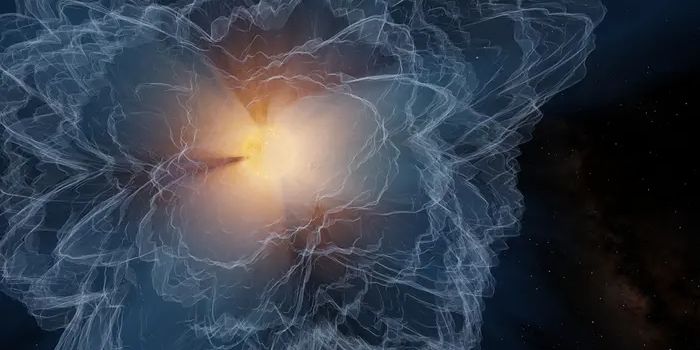NASA's Kepler Space Telescope is Running Out of Fuel
After nine long years of exoplanetary research, NASA’s Kepler Space Telescope is running out of fuel. The United States space agency says Kepler only has a few more months to spy on distant worlds and beam related data to Earth for analysis before that happens.
Image Credit: NASA
No one knows just how many more observations Kepler can squeeze into its tight schedule before it runs out of fuel, but NASA aims to study as much as humanly possible. Then again, Kepler doesn’t come with a gas gauge, so it’s imperative that the space agency makes responsible decisions concerning when to call it quits.
It will require fuel to send data back to researchers on Earth because the communication antenna needs to face our planet when it begins transmitting. That said, NASA can’t risk depleting the spacecraft’s fuel source before getting a chance to send that information back to researchers on Earth. Otherwise, it’d be lost.
Related: Kepler finds heaps of Earth-like exoplanets in its latest survey
Citing NASA’s official statement, engineers are monitoring Kepler’s fuel situation by closely monitoring its fuel tank pressure and thruster performance. Whenever they observe something awry, it’s a clear sign that there isn’t much fuel left to continue exploring.
Kepler doesn’t have any way of refueling while floating around in space, so the mission will end whenever the spacecraft uses its last drop of fuel. Fortunately, the probe isn’t near anything significant, so NASA won’t have to make it crash into a planet as they did with Cassini.
Related: TRAPPIST-1 system spied on with the Kepler Space Telescope
While it’s disappointing to see one of NASA’s most successful exoplanet detection missions reach the end of its life, it won’t be the end of exoplanet research. The Transiting Exoplanet Survey Satellite (TESS) will launch for space in mid-April to continue where Kepler left off. Once in space, it’ll search for exoplanets transiting their host stars.
One might say that whenever a door closes, a new one opens in its wake. In the meantime, it should be interesting to see what Kepler can drum up before the mission ends.
Source: NASA









